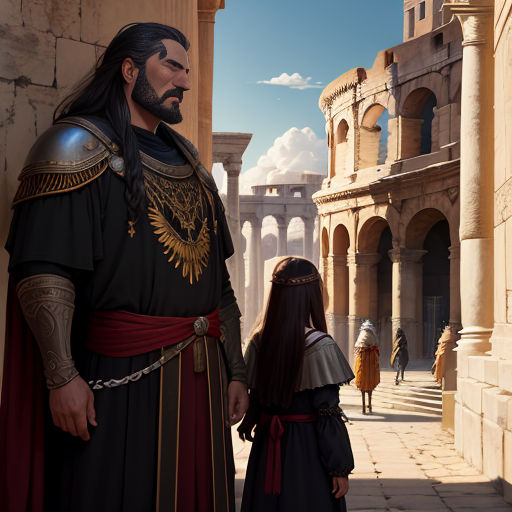
The Rise of Rome
By Storybird

16 Sep, 2023
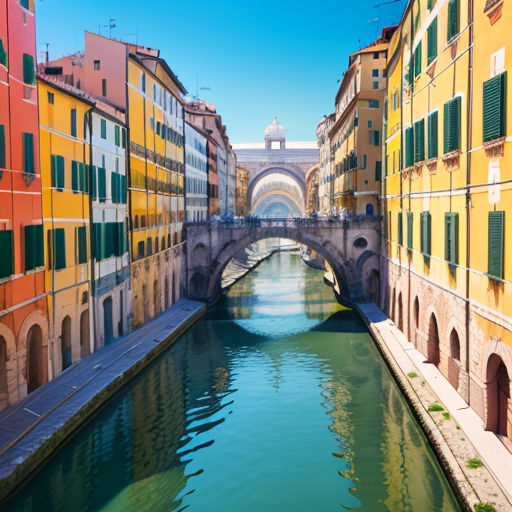
In the heart of Italy, a small settlement formed along the banks of the Tiber River. This settlement, later known as Rome, would become a powerhouse of the ancient world.

Rome was said to be founded by Romulus and Remus, twin brothers raised by a she-wolf. But who were their parents?

The twins were the sons of Rhea Silvia, a Vestal Virgin, and the god Mars. Rhea was forced to abandon them at birth because of a prophecy.

And what was this prophecy that led to the twins' abandonment?
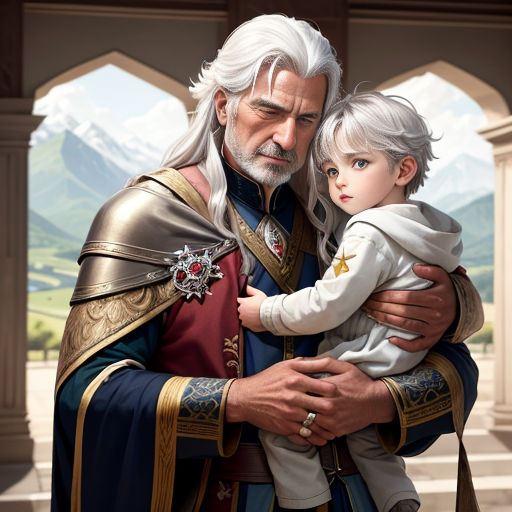
The prophecy stated that the sons of Rhea Silvia would overthrow their great-uncle Amulius, who had seized the throne from their grandfather Numitor.

So how did the twins find out about their royal lineage?

The twins were found and raised by a shepherd named Faustulus, who eventually told them about their royal blood. Determined, they decided to reclaim their birthright.

And did they succeed in reclaiming their throne?

Indeed, they did. They overthrew Amulius, reinstated their grandfather Numitor as king, and went on to found a city of their own: Rome.

But why did Romulus end up being the sole ruler of this newly formed city?

According to legend, during a disagreement about the city's location, Romulus killed Remus. Thus, Romulus became the first king of Rome.
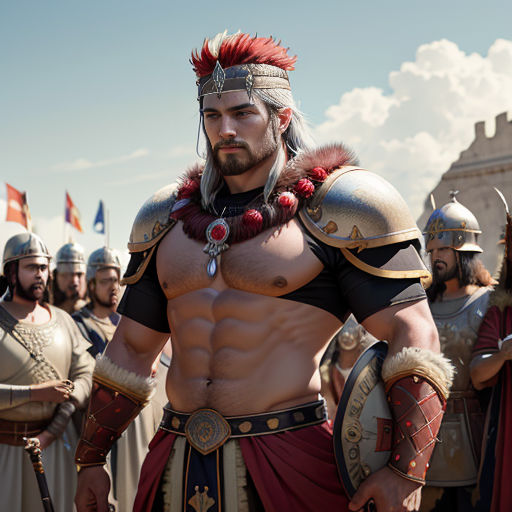
Under Romulus, Rome grew in strength, but how did the city manage to expand its territory?
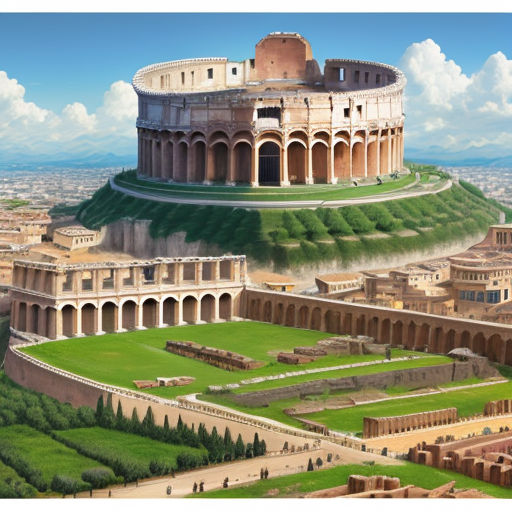
Rome expanded its territories mainly through alliances and conquests. It annexed neighboring lands and cities, eventually controlling most of Italy.

What changes did Rome undergo after the fall of the Roman Kingdom?

After the fall of the last king, Rome transitioned to a republic. Power was shared among elected officials, the most powerful being the consuls.
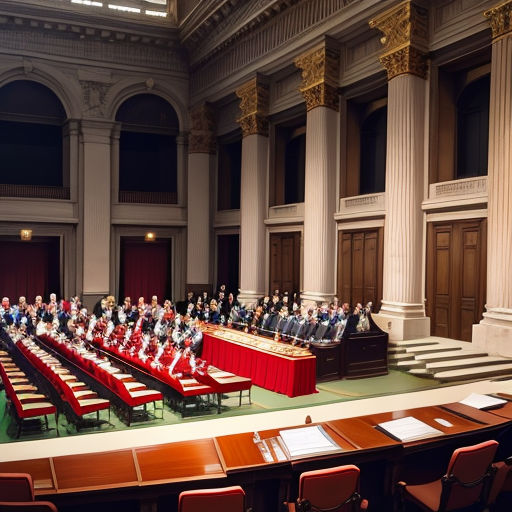
How did Rome's political structure change under the republic?
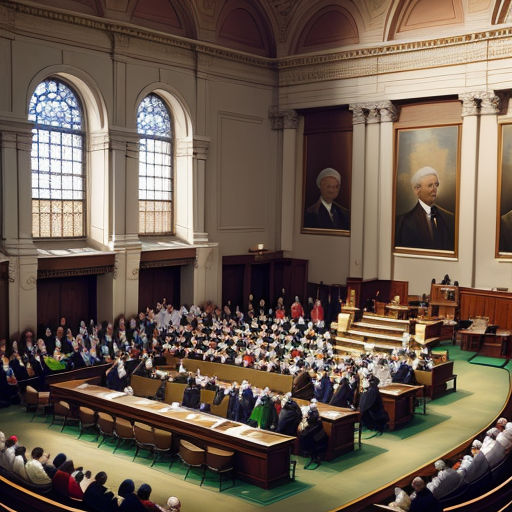
The Republic was more democratic. Power was divided among several institutions such as the Senate, Assembly, and elected magistrates, which included the consuls.
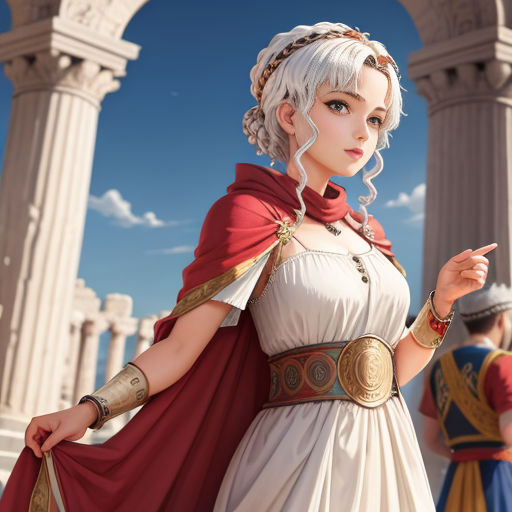
What led to the end of the Roman Republic and the birth of the Roman Empire?
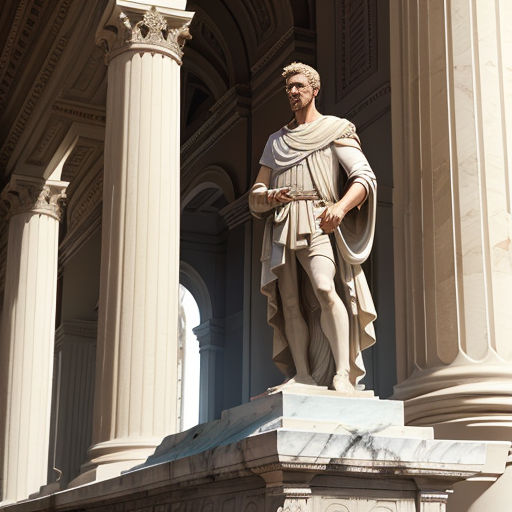
The republic collapsed due to internal strife and civil wars. Julius Caesar's rise and subsequent assassination led to the formation of the Roman Empire under his adopted heir, Augustus.
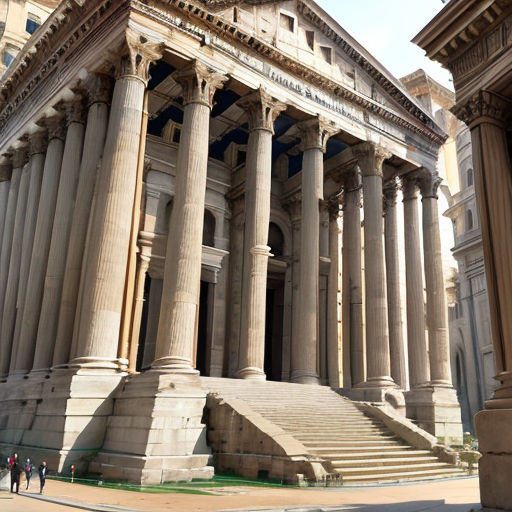
What made the Roman Empire so enduring and influential?
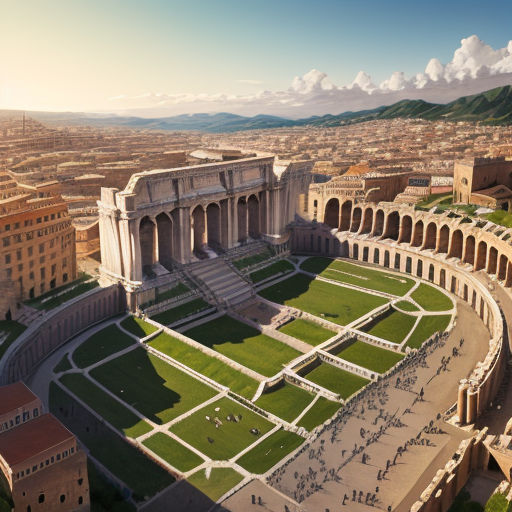
The Empire's longevity is attributed to its efficient administration, advanced engineering, and legal systems. Meanwhile, Roman language, culture, and law deeply influenced Western civilization.
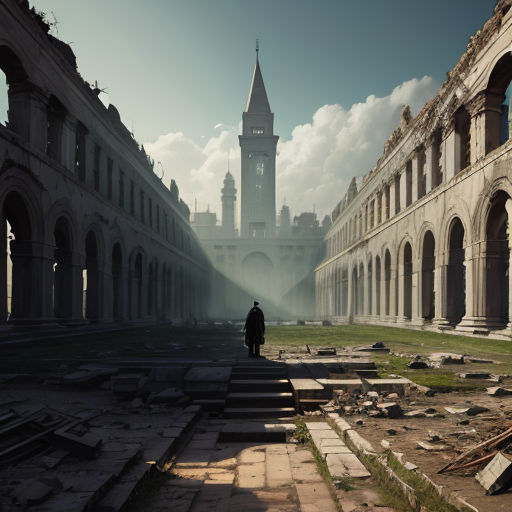
So, what led to the fall of this mighty empire?

The fall of the Roman Empire was due to a variety of factors, including internal conflicts, economic issues, and pressure from invading barbarian tribes.

How did the fall of the Roman Empire impact the world?
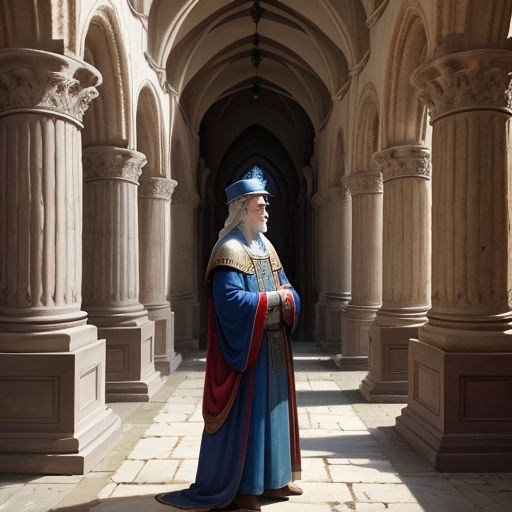
Its fall marked the end of ancient history and the beginning of the Middle Ages in Europe. Yet, its cultural, legal, and political legacy continues to shape the world.
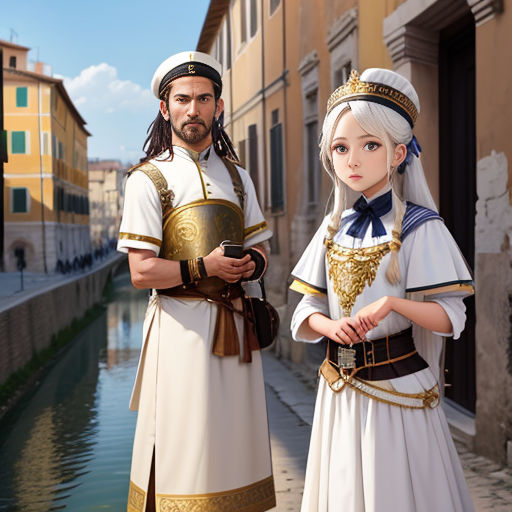
Indeed, the legacy of Rome echoes throughout history. From a small settlement by the Tiber River, it went to rule a vast empire, influencing civilizations far beyond its time.